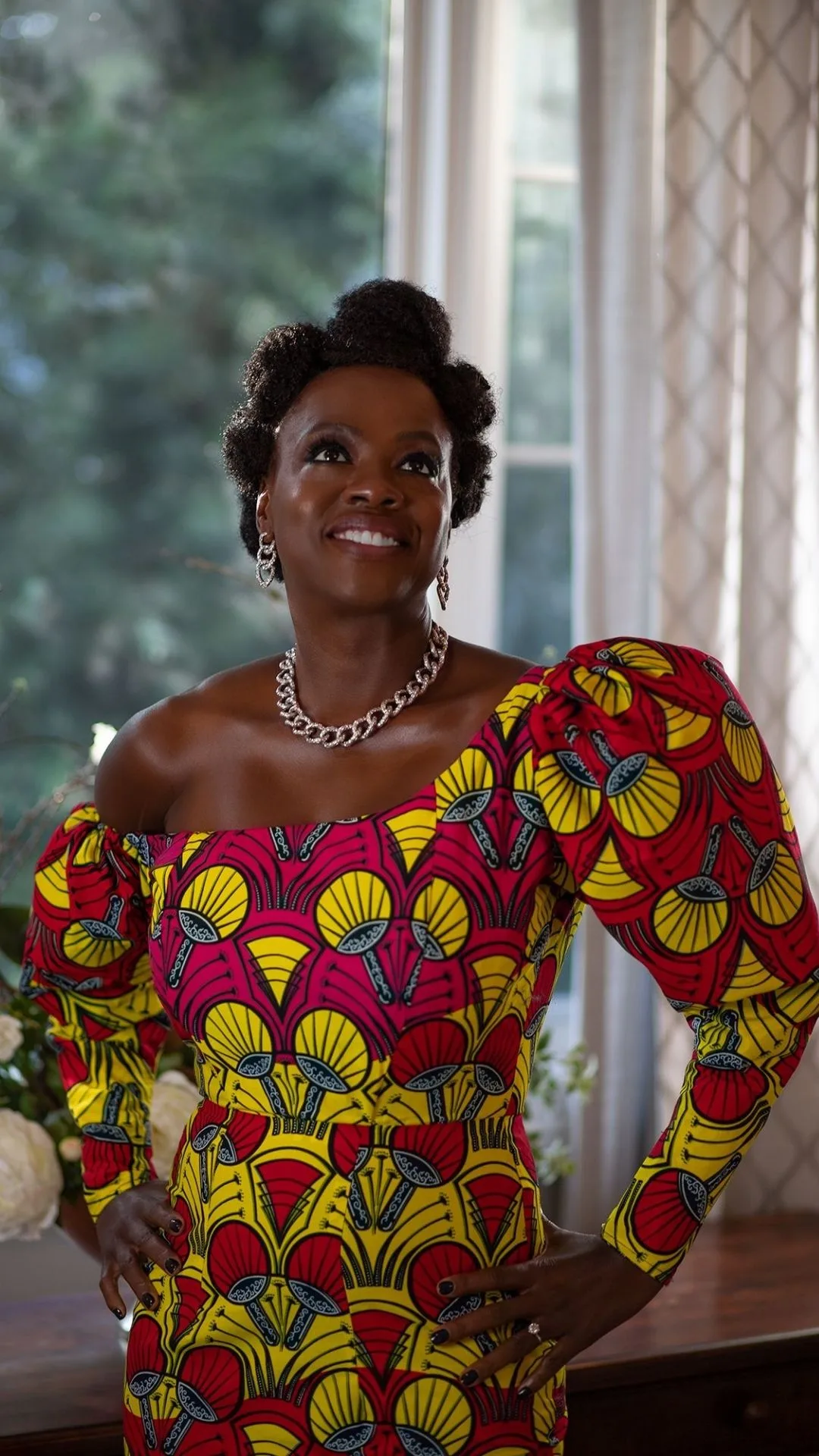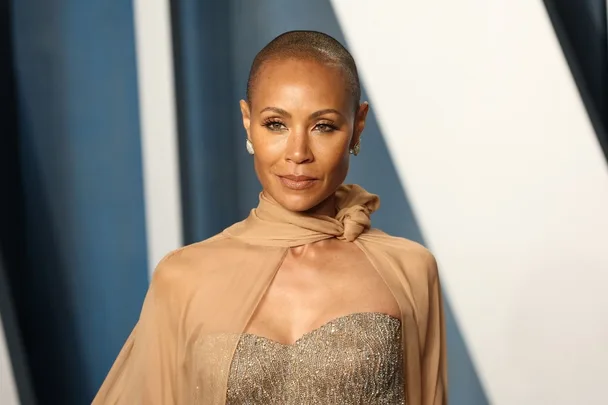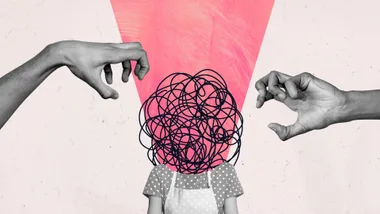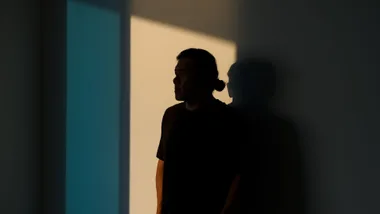The world was left stunned when an altercation between Chris Rock and Will Smith took place at the 2022 Oscars, caused by an offhand joke made about Jada Pinkett Smith’s baldness, as caused by her alopecia.
Pinkett Smith has been candid with her alopecia journey, first sharing the news back in 2018 during a Red Table Talk. She revealed the “terrifying” moment she realised clumps of her hair were falling out while in the shower, before going on to explain that “it was one of those times in my life where I was literally shaking in fear. That’s why I cut my hair, and why I continue to cut it.”
In the wake of the Oscars scandal, many people have found themselves wondering what exactly alopecia is, and what causes it. While Jada’s candour has been instrumental in drawing attention to this disorder, there are always opportunities to shed further light on the subject.
Below, everything to know about alopecia, including famous celebrities who have shared their struggles with it.
What is alopecia?
Alopecia areata is an autoimmune disease which causes hair loss ranging from patchiness to complete baldness. Sometimes the hair can grow back or is only lost in a few spots, while others can suffer more extreme and permanent hair loss. Alopecia areata is the most common form of the disorder, but there are a few other types according to WebMD, which include:
- Alopecia areata totalis: a loss of all hair on the head
- Alopecia areata universalis: the loss of hair over the entire bod
- Diffuse alopecia areata: a sudden thinning of hair rather than lost patches
- Ophiasis alopecia areata: hair loss in a band shape around the sides and back of the head
What causes alopecia?
While there are several causes behind alopecia, most health experts believe that genetics play the biggest role. Hormonal changes and medical conditions can also play a role in someone’s likelihood of developing the disorder.
While anyone can experience hair loss, a 2018 study found that Black and Hispanic women in the U.S. have an increased risk of developing alopecia areata compared to non-Hispanic, white women. Further to that, a 2016 survey of 5,594 Black women found that 47.6% of respondents had experienced hair loss. There is no definitive evidence to explain why women of colour are more likely to develop this condition, but some experts believe it may have something to do with tight hairstyles and extensions (which can cause traction alopecia) and potential predispositions like discoid lupus.
According to the Mayo Clinic, people can also experience thinning of the hair several months after a physical or emotional shock. The Wall Street Journal also reported that emotional stress can cause an onset of alopecia in people who are already predisposed to the condition but the link between alopecia and stress in general has yet to be confirmed by large scale studies.

What are the treatment options?
Unfortunately, there are no major treatment options currently available for those dealing with alopecia. Things like supplements, medications and wigs are all utilised to manage the condition, but nothing can reverse baldness. According to John Hopkins Medicine, corticosteroid injections can be used in an alopecia areata treatment plan, but again, it cannot cause all of a person’s hair to grow back if it has already gone, it’s more about managing what is left.
Which celebrities suffer from alopecia?
A number of celebrities have spoken candidly about their battles with alopecia in its many forms, whether it be alopecia areata or post-natal hair loss.
Actress Viola Davis says she experienced hair loss from the age of 28-years-old as a result of stress. After struggling with self-esteem issues as a result, Davis frequently turned to wigs to combat the hair loss, but eventually grew to embrace her situation.










